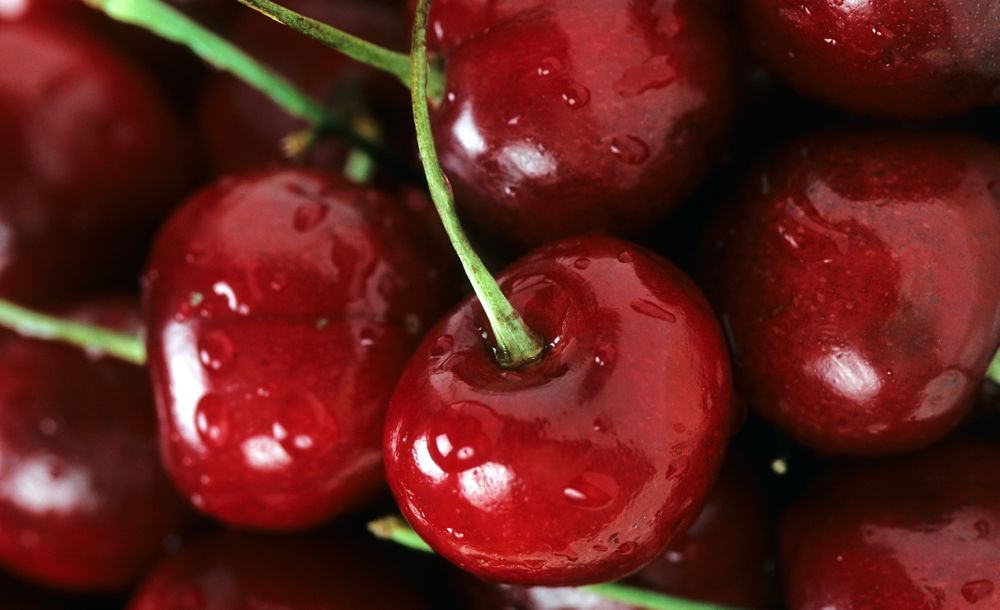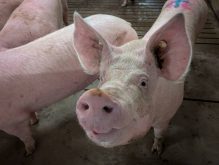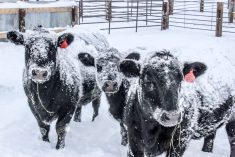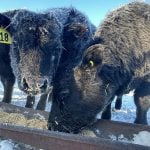Winnipeg | Reuters — Canada is whittling down its list of U.S. products that it may hit with steep tariffs in retaliation against contentious meat-labeling laws, Agriculture Minister Gerry Ritz said on Tuesday.
The Canadian government is likely to target beef, pork, California wines, mattresses, cherries and office furniture, possibly along with other goods, from an earlier list of three dozen U.S. products, Ritz said in an interview.
Canada is ratcheting up pressure on U.S. lawmakers to scrap U.S. country-of-origin labeling (COOL) laws after they were ruled illegal by the World Trade Organization (WTO) last month.
Read Also

CBOT Weekly: Additional soybean purchases strengthen U.S. soy
There were good gains for the Chicago soy complex during the week ended Feb. 4, due to positive news that Wednesday.
“I don’t think it’s a stretch to say we’re going to target beef and pork because that’s what led us to this stage,” he said, adding that it’s also natural to target the other products for their political impact.
A WTO appellate panel last month upheld an earlier decision that the COOL rules illegally discriminate against imported livestock from Canada and Mexico, rejecting a U.S. appeal.
The latest WTO decision, which is not open to further appeals, opened the door to Canada and Mexico to impose trade sanctions against the U.S.
U.S. lawmakers, however, have signaled they plan to repeal the laws requiring retailers such as grocery stores to list the country of origin on meat.
Canada drafted its initial list of potential COOL-related tariff targets in mid-2013, when the U.S. government responded to a previous WTO ruling against COOL by requiring country-of-origin labels carry even more specific information.
“This is a hammer we’re more than willing to swing,” said Ritz, who is visiting Washington this week. “Hopefully cooler heads will prevail.”
The dispute stems from a 2009 U.S. requirement that retail outlets use labels such as “Born in Mexico, Raised and Slaughtered in the U.S.” to give consumers more information about the safety and origin of their food.
Consumer groups and some U.S. lawmakers say the rules provide essential information about products for shoppers.
The higher tariffs could be in place by late summer, Ritz said.
— Rod Nickel is a Reuters correspondent covering the agriculture and mining sectors from Winnipeg. Includes files from AGCanada.com Network staff.















